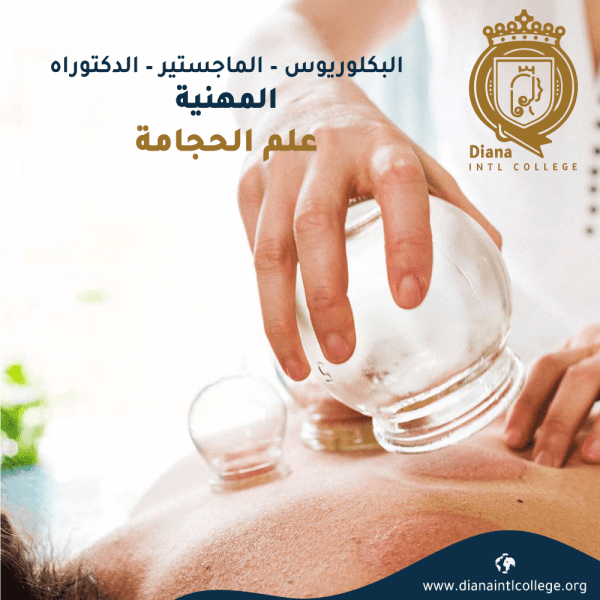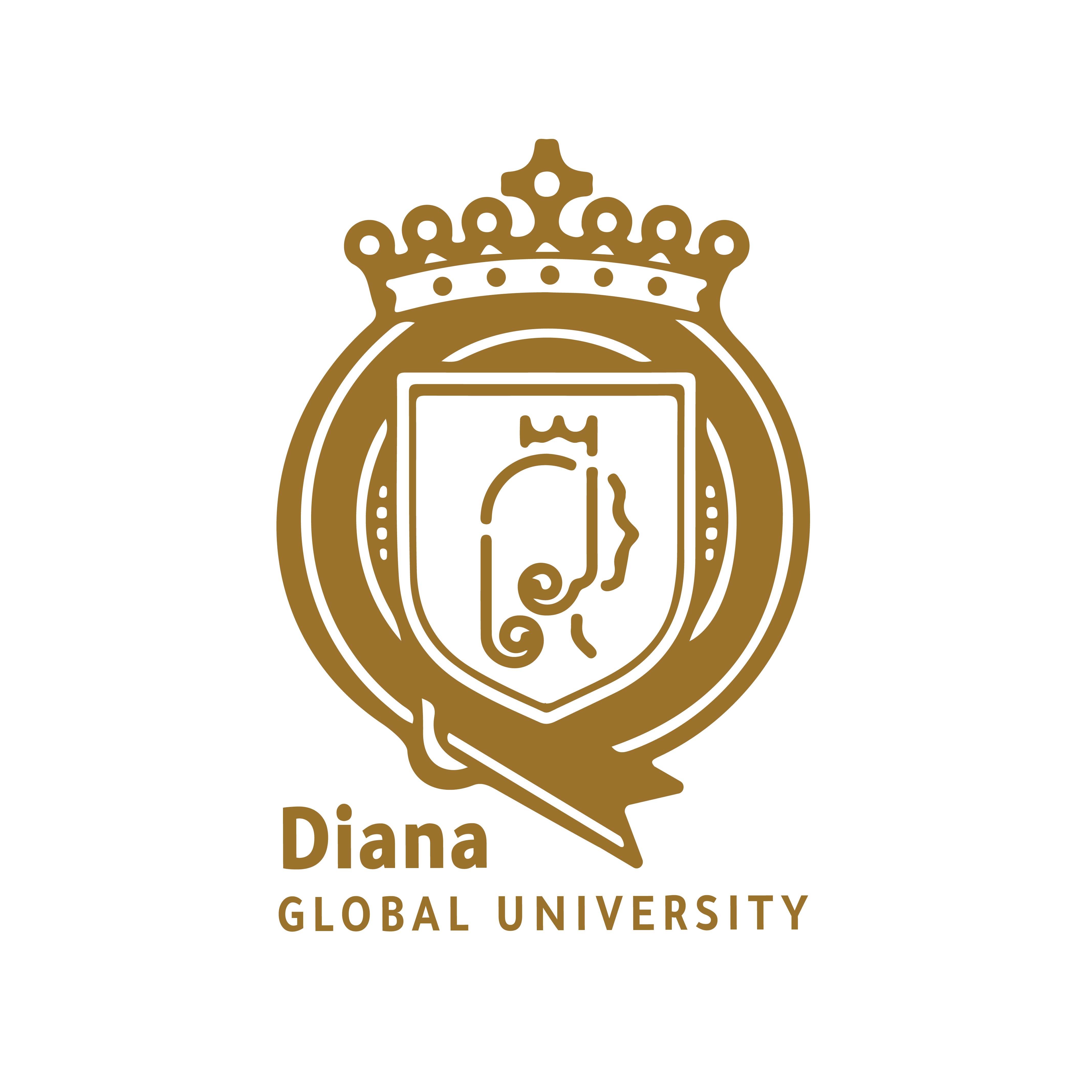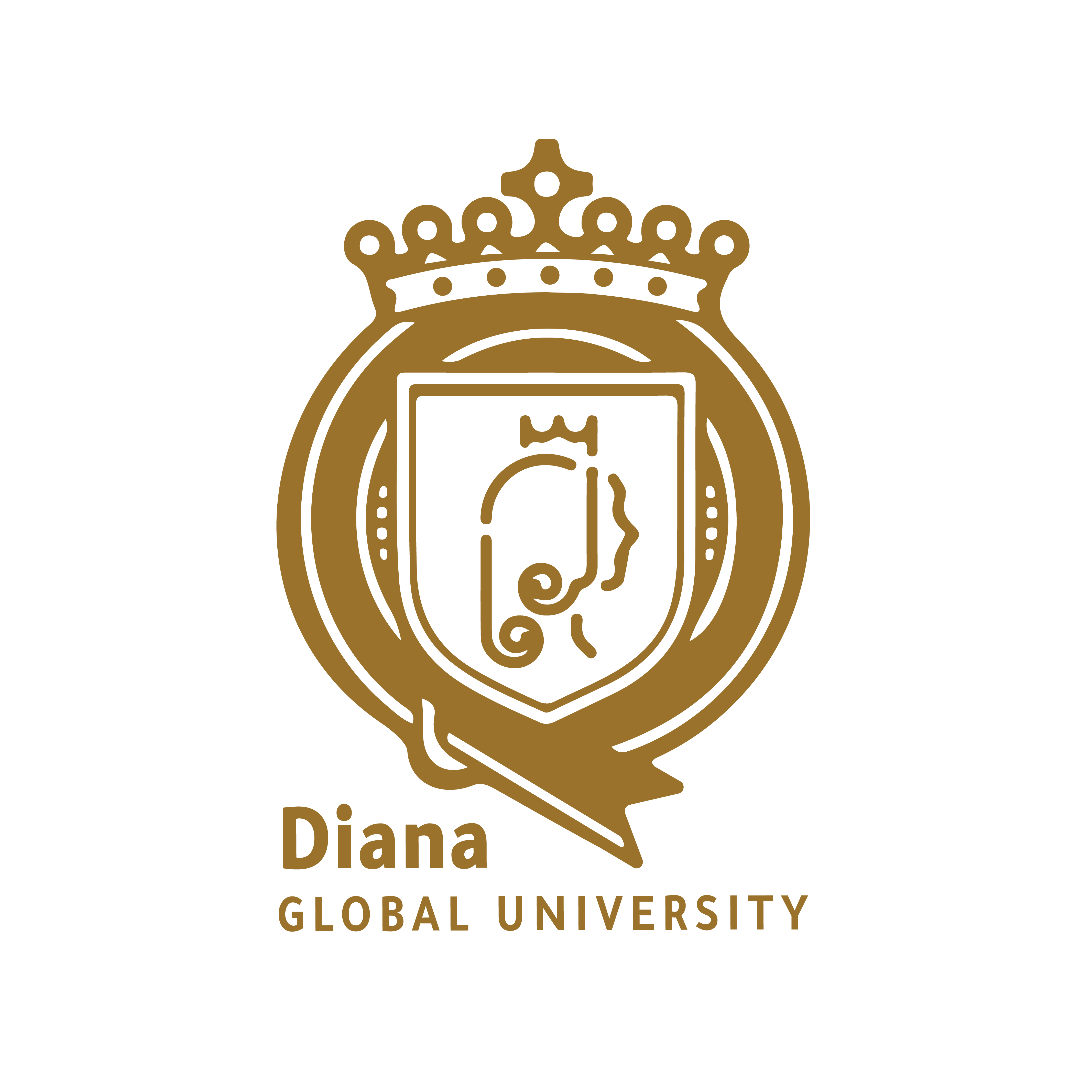Department of Medical Sciences - Cupping Science

Program content:
1- Axis 1: what is the treatment with cupping
* Introduction to cupping therapy
* Cupping types
* The basics and rules of cupping science
2- Axis 2: Benefits of cupping therapy
* The role of cupping in eliminating pain
* Common diseases treated by cupping
* Cupping and its role in beauty
3- Axis 3: The History of Cupping
* Cupping in People's China
* Cupping in Islam
* Cupping in the West
4- Axis 4: the application and practice of cupping
* Cupping positions
* How to locate pain
* Prepare for the cupping
* Tools and means used in cupping
* Cases where cupping treatment is prohibited
* How to practice and apply cupping of all kinds
* Most common zoning
* Pyrotechnic cupping
* Wet cupping
* New types of cupping
* Common errors during cupping
5- Axis 5: Make yourself your own business in cupping:
* How to start your project
* Marketing for your cupping work
* Clinic supplies
* Project success factors

